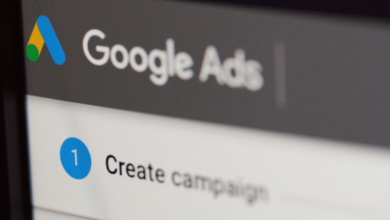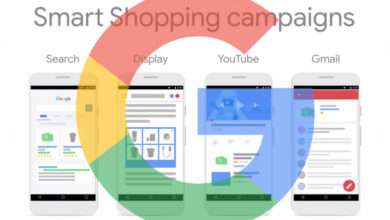Perplexity expands publisher ad revenue sharing program

Introduction
Perplexity, an AI-powered search engine, is making waves in the digital publishing world with its recent expansion of its publisher program. The platform has added reputable outlets such as the Los Angeles Times, Adweek, and The Independent to its list of participating publishers. While this move has the potential to enhance ad reach and revenue sharing for publishers, there are some notable absences, including The New York Times and Dow Jones, who are currently embroiled in legal battles with the startup.
How It Works
Participating publishers in Perplexity’s program will benefit from revenue sharing, earning a cut from ads displayed on the platform. They will also gain access to valuable performance metrics, allowing for transparency and optimization of their content on the search engine. However, Perplexity has chosen to keep the financial details of the partnership private, a move that may be intended to maintain negotiation leverage.
Why We Care
The addition of renowned publishers to Perplexity’s platform has the potential to improve the quality and credibility of the content available through the search engine. However, concerns around transparency and legal disputes with major publishers could impact brand safety and content alignment. The tension between AI-driven search innovation and content ownership remains a key issue that publishers and tech companies must navigate.
Behind the Scenes
Some journalists at LA Times and Adweek were surprised by the partnerships with Perplexity, learning about them through press releases or informal mentions. Legal tensions between the search engine and major publishers like The New York Times and Dow Jones have escalated, with accusations of unauthorized use of content and concerns over content attribution.
The Controversy
Perplexity’s AI-powered content summarization has come under fire for potentially competing unfairly with publishers by pulling in their stories, sometimes behind paywalls, and paraphrasing them inaccurately. Critics argue that the platform’s practices could undermine the integrity of journalism and content ownership.
What’s Next
As Perplexity seeks a significant funding round and aims for a high valuation, the pressure on the platform to address concerns around content ownership and transparency will only increase. Competitors like OpenAI’s ChatGPT Search are offering alternatives that give more control to publishers, posing a challenge to Perplexity’s business model.
Bottom Line
Perplexity’s expansion of its publisher program highlights the ongoing debate between AI-driven search innovation and the rights of content creators. Publishers are cautiously optimistic about the potential revenue boost from partnering with the platform, but concerns over content ownership and attribution remain unresolved.
FAQs
1. How do publishers benefit from participating in Perplexity’s program?
Publishers earn a share of ad revenue and gain access to performance metrics for their content on the search engine.
2. What are some concerns raised by critics about Perplexity’s AI-powered content summarization?
Critics argue that the platform may compete unfairly with publishers by using their content without consent and paraphrasing it inaccurately.
3. How have major publishers like The New York Times and Dow Jones responded to Perplexity’s practices?
These publishers have accused Perplexity of unauthorized use of their content and are currently engaged in legal battles with the startup.
4. Why has Perplexity chosen to keep the financial details of its publisher partnerships private?
This decision may be intended to maintain negotiation leverage with publishers and other stakeholders.
5. What challenges does Perplexity face as it aims for a significant funding round?
The platform must address concerns around content ownership, transparency, and competition from other AI-driven search engines to secure investor confidence and maintain publisher trust.



